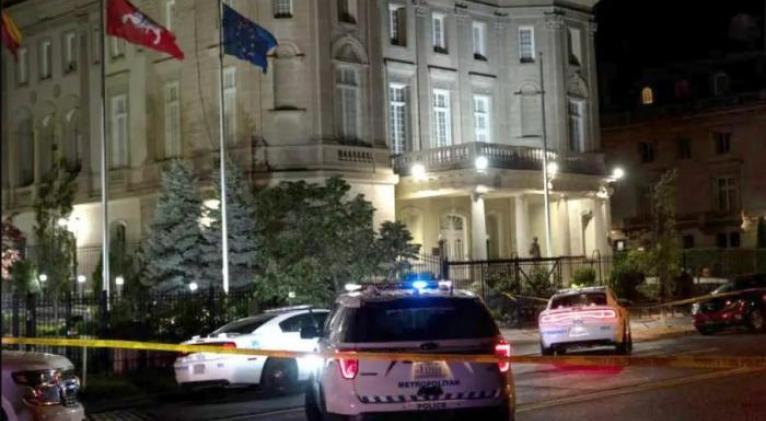Cuba Accuses U.S. of Inaction in Combating Terrorism
especiales

Cuba’s Deputy Foreign Minister, Josefina Vidal, denounced today that the island nation has been the target of terrorist acts originating from the United States, facilitated by the complicity and inaction of U.S. authorities.
Vidal stated that "the impunity with which terrorist groups have operated for over six decades" against Cuba from U.S. soil is "largely a consequence of the inaction, complicity, and lack of commitment from the U.S. government."
These actions, she said, are "aimed at harming the security and integrity of the Cuban people, as well as our institutions and facilities, both in Cuba and abroad." She made the remarks during a press conference in Havana.
The Cuban diplomat appeared before local and foreign media at the International Press Center and reported that authorities had updated and submitted to the United Nations a list of individuals and entities responsible for extremist acts against the Caribbean nation.
"Today, Cuba is submitting to the UN Secretary-General its national list of persons under investigation or sought by authorities for their involvement in promoting, planning, organizing, financing, supporting, or committing terrorist acts, whether carried out on Cuban soil or abroad," she said.
With this step, she added, Cuba fulfills and honors its international commitments, as it has always done. The list was submitted in accordance with UN Security Council Resolution 1373.
Vidal emphasized that Cuba is a state party to all 19 international counterterrorism conventions and strictly adheres to its obligations under relevant UN Security Council resolutions.
She noted that Cuba has implemented a series of legal and institutional measures to effectively combat terrorism and reiterated the government’s "full willingness to cooperate" in counterterrorism efforts, both multilaterally and bilaterally, in a "professional, serious, and transparent manner."
However, she criticized the U.S. for its "history of inaction" on the issue, driven by "clear political considerations."
While Cuba has facilitated counterterrorism cooperation through dialogue and a bilateral law enforcement memorandum of understanding with the U.S., Vidal accused Washington, particularly the State Department, of stalling these mechanisms.
"The U.S. government has brought these existing bilateral mechanisms to a standstill, even though they have proven in the past that cooperation is possible despite differences," she said.
She stressed that such cooperation is particularly crucial in the case of the U.S., as "most of the individuals named in the updated list receive refuge and protection there."
Cuban law enforcement agencies, she said, have regularly provided U.S. authorities with data, including names and locations, of individuals involved in promoting, financing, and organizing violent and terrorist acts against Cuba.
Vidal cited recent examples, including Alexander Alazo Baró, a Cuban-born U.S. resident who fired 32 rounds from an assault rifle at the Cuban Embassy in Washington in April 2020. Despite evidence against him, he was released without conviction in October 2024.
Another case involves an unresolved September 2023 Molotov cocktail attack on the same embassy, for which Cuba has yet to receive information on the perpetrator.
Vidal condemned what she called the "paradoxical and cynical" U.S. designation of Cuba as a state sponsor of terrorism, calling it an "arbitrary and unilateral" move unsupported by international organizations.
"Any astute and impartial observer can conclude which government truly encourages, supports, and tolerates terrorism, and which country has been fighting and suffering from it for over sixty years," she said.
In essence, she concluded, "violent and terrorist actions against Cuba continue to grow, as does impunity, due to the inaction of the U.S. government."
Joining Vidal at the press conference were Edward Roberts Campbell, Chief Prosecutor of the Republic’s Attorney General’s Office, Alexis Batista, Director of International Relations at the Ministry of Justice, and Colonel Víctor Álvarez, Deputy Chief of the Interior Ministry’s specialized criminal investigations unit.














Add new comment